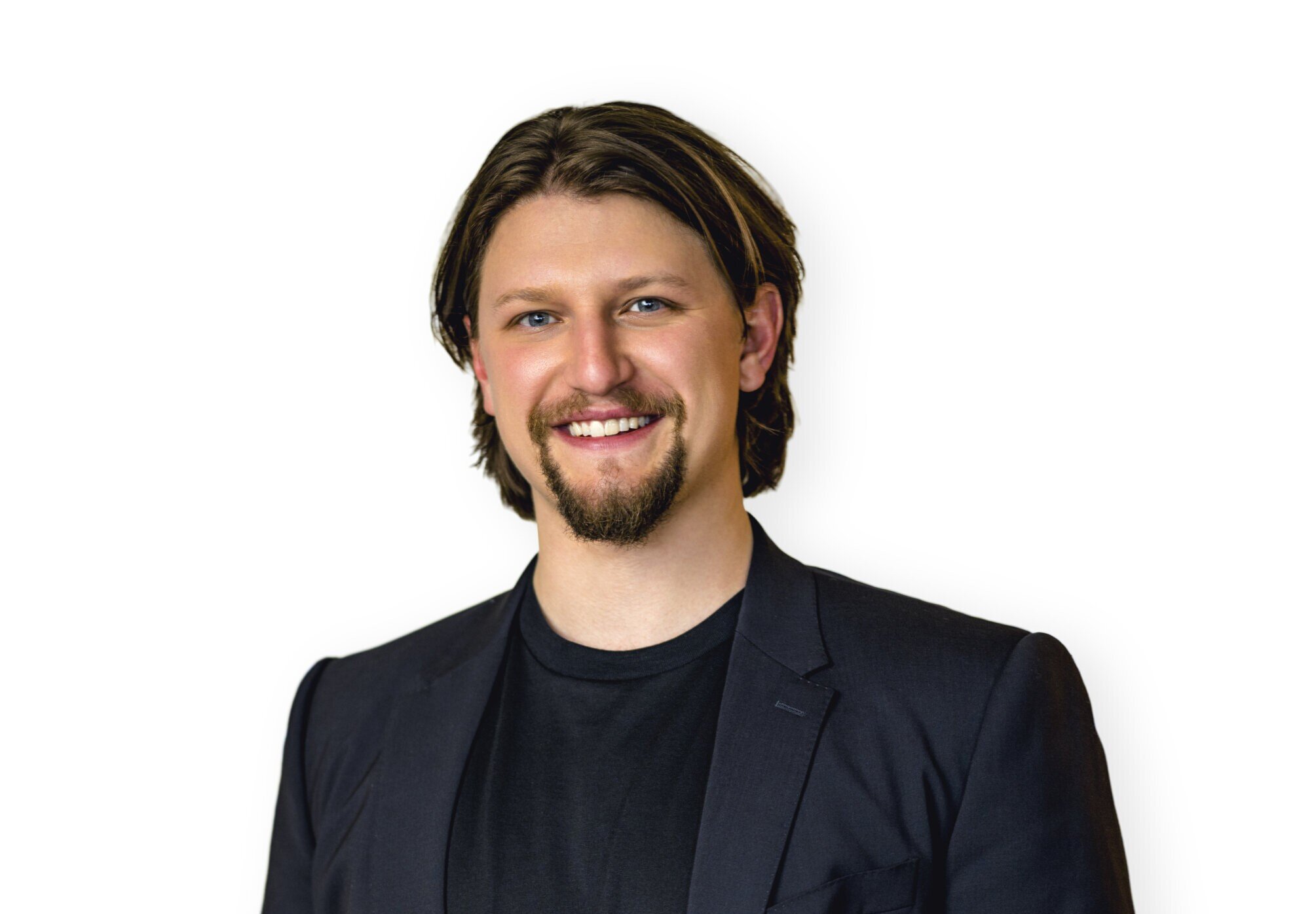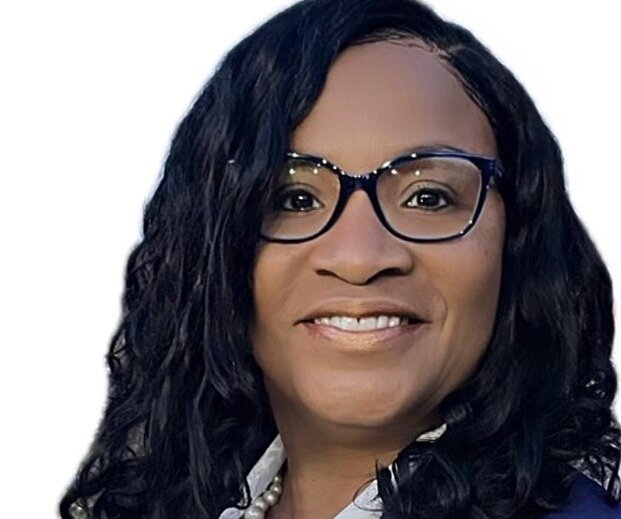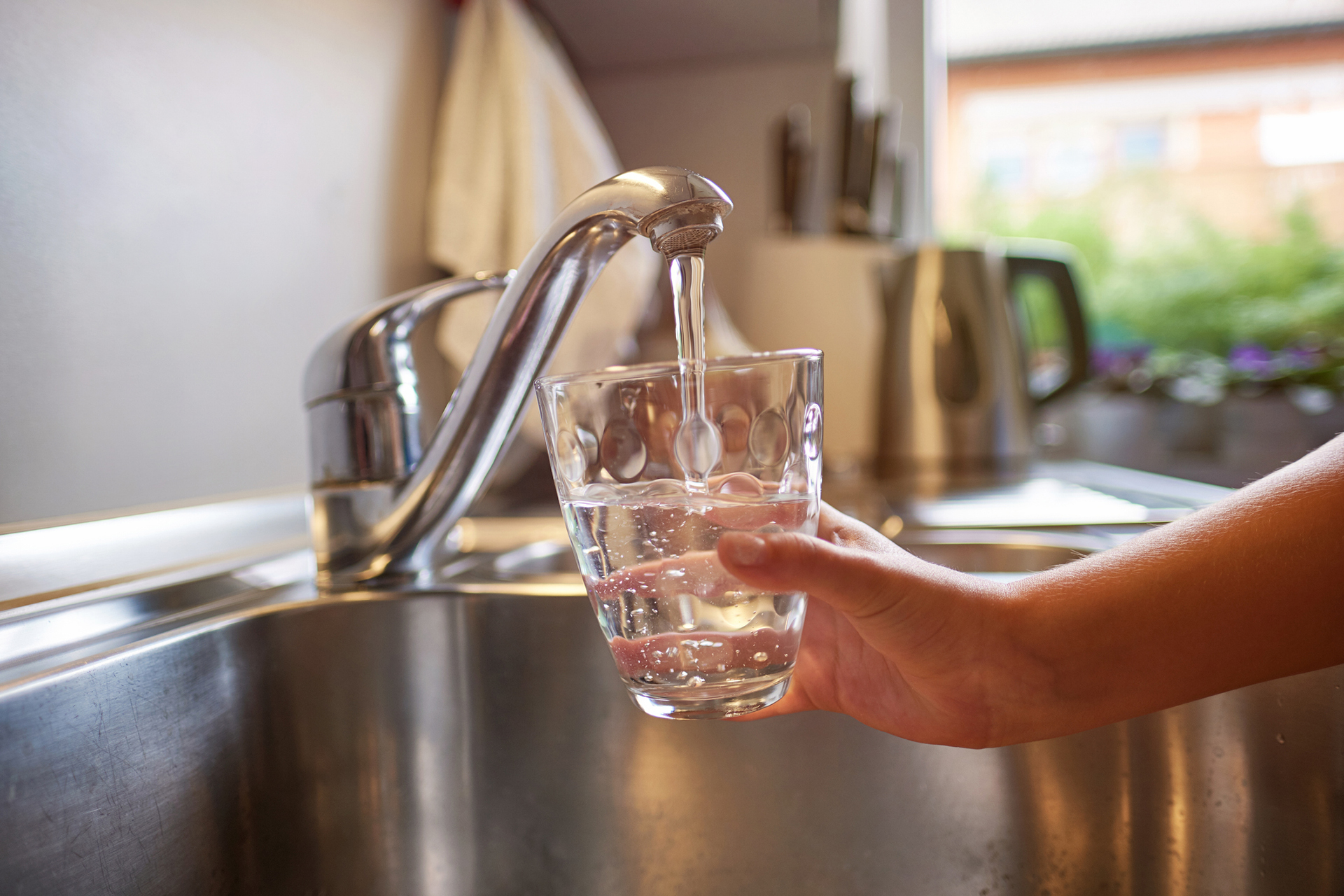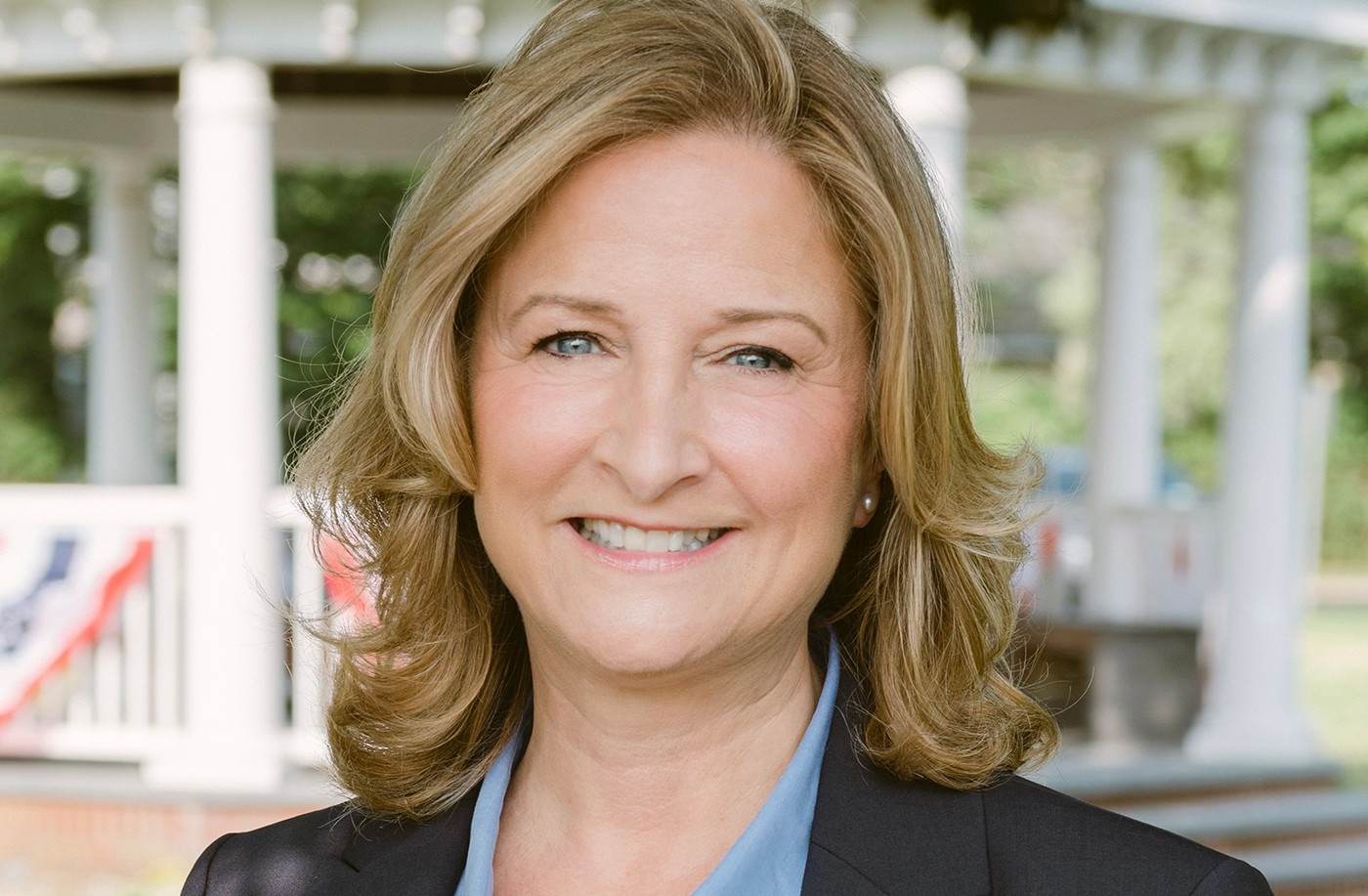Get Schooled on Green Architecture Practices at SoFo
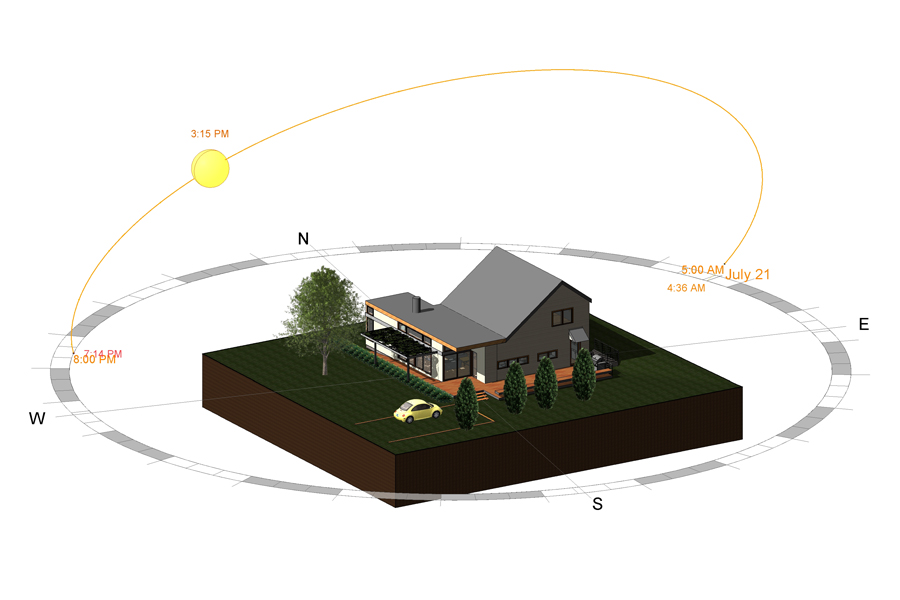
The South Fork Natural History Museum (SoFo) has a longstanding commitment to educating people about conserving our environment, a tradition it’s continuing with a series of workshops focusing on green architecture, which begin on Thursday, July 9. Hosted by the East End’s own Bill and Ben Chaleff of Chaleff & Rogers Architects, the workshops address concerns and discuss details surrounding the theory of green architecture and the ways in which homeowners can reduce their carbon footprint and integrate eco-friendly products into their daily lives. The workshops continue at 7:30 p.m. on Thursdays, July 16 and 23.
To find out more about green architecture in the Hamptons we spoke with Bill Chaleff.
Have you always been interested in green architecture?
Chaleff & Rogers has been designing sustainable architecture in the Hamptons since 1985. I designed my first solar home in 1975. Ben and I shared a belief in the importance of designing buildings in an environmentally responsive way long before it became popular. Our firm has built hundreds of energy efficient buildings employing passive solar design, state-of-the-art construction methods and materials and integrated thermal system engineering.
How has green architecture evolved these last few years?
While the mainstream press has been full of “green” building, no true understanding of the issues and determinant forces at play that support this game-changing tsunami in the design and construction fields has really been delivered.
Virtually all the attention has gone to reinforce the standard way we have of dealing with any problematic situation; that is to throw money at the problem—to buy our way out of the climate change catastrophe we are headed for by changing our spending patterns. The new car will be a Prius, the new kitchen make-over will use only certified “green” materials, no out-gassing volatile organic compounds and—of course—bamboo flooring. The new heating system will be a geo-thermal one and the paint will be the “eco” brand of whatever company.
With the best of intentions—knowing we should be “part of the solution and not part of the problem,” we will knowingly spend more money and select products that promise no additional performance or features other than being recognized as “green” in order to count ourselves on the right side of history.
What are some easy things people can do to make their Hamptons home more green?
People should begin by understanding and taking more control of their energy costs and a great place to start that process is with a home energy audit. NYSERDA offers free or reduced cost comprehensive home energy assessments.
When it comes to their home habits, what’s something very bad for the environment that people in the Hamptons might be doing without being aware of?
One we’ve seen too often is where the HVAC system isn’t set-up or operated properly so that A/C and humidification systems are running simultaneously and therefore fighting each other.
Can you tell us a little bit about what we can expect from the workshop series?
To truly understand the issue of green architecture we must look for better options than those we commonly call upon. We must examine the science behind our settlement configurations, the design and construction of our built environment, and—most importantly—the impact of our social, cultural and economic patterns.
To come to this understanding we need to look at how historic societies developed sustainable and healthy relationships with their natural environments and then closely examine the period from the beginning of the industrial revolution where we formulated and solidified the pattern of an “Extractive Culture,” the one we are currently entrenched within. This includes looking at human settlement patterns as they evolved—particularly in the countries comprising what we call Western Civilization—and how a linear, fragmented approach to manufacturing and marketing put us on the pathway we find ourselves on today; the pathway where just our normal living patterns place our society at risk.
For more information, please visit SoFo’s website at sofo.org or call 631-537-9735.
